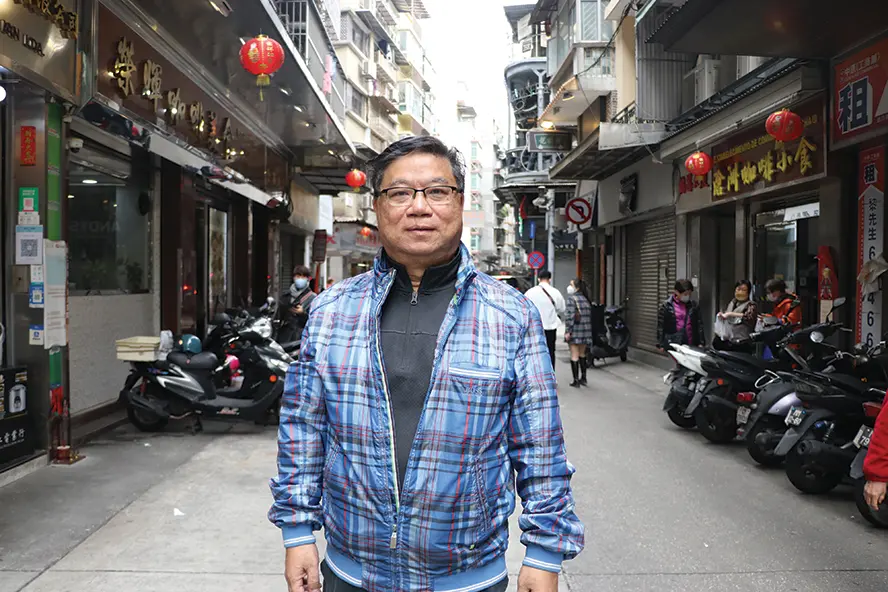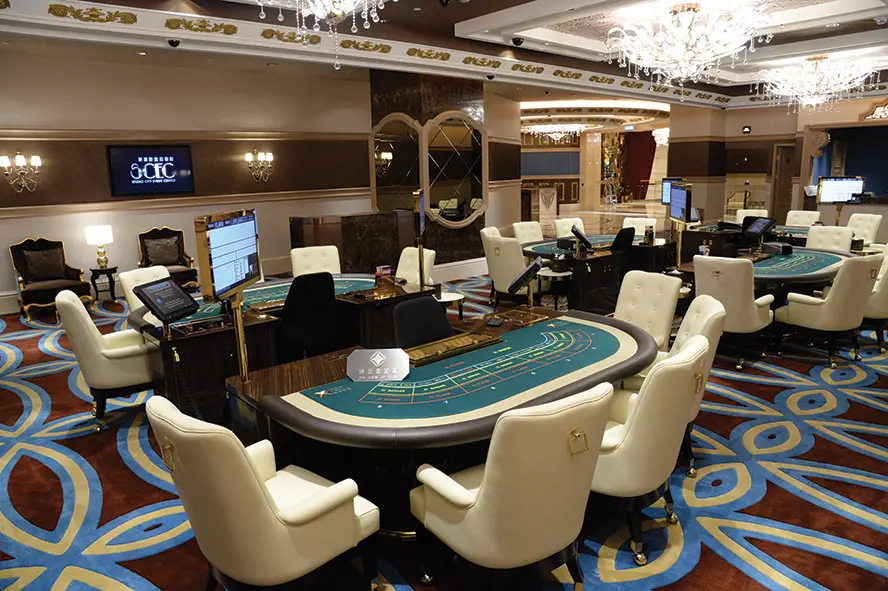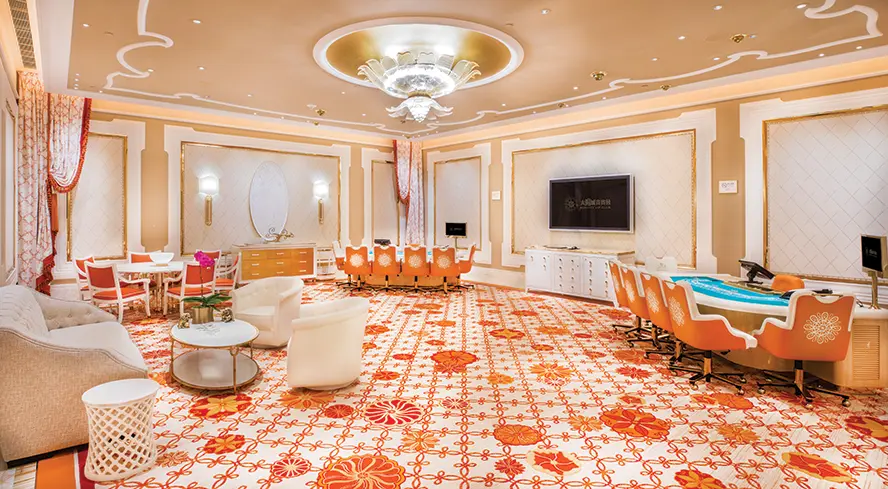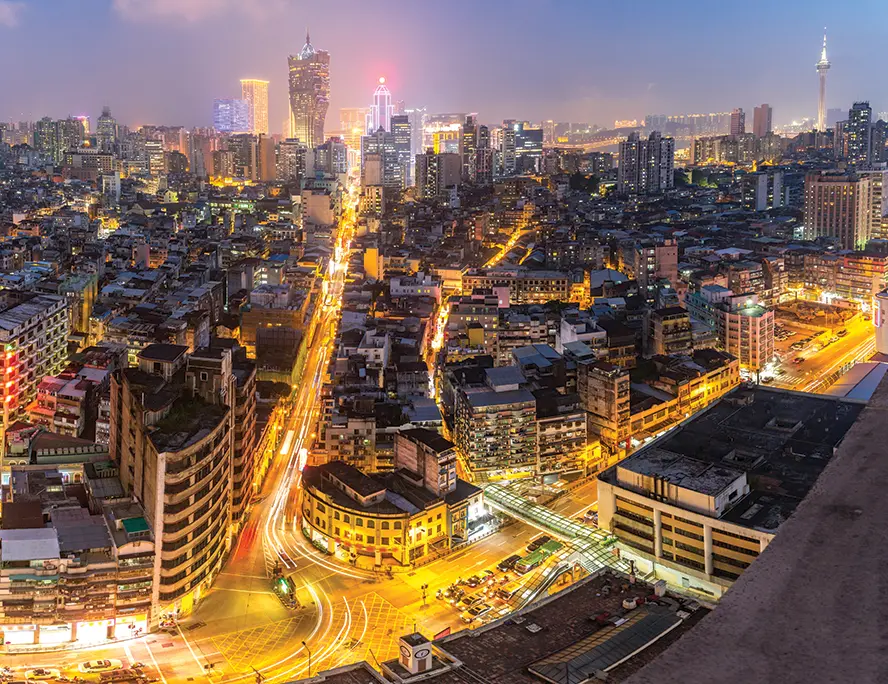After the Macau government passed a new law governing the operation of junkets late last year, the once dominant VIP industry has undergone a dramatic transformation. While there is no doubt such change was a necessary evil, the President of the Macau Professional Association of Gaming Promoters, U Io Hung, tells IAG why the new junket conditions have made survival so challenging for those still in the junket business.

Under the newly amended “Macau junket law”, gaming promotors in Macau can only provide services to one of Macau’s six casino concessionaires and are not allowed to engage in revenue share agreements. Instead, junket income must now be only comprised of the income of the 1.25% commission on rolling turnover provided by the concessionaire.
In early February, some junket operators confirmed to Inside Asian Gaming that the government is now charging them a 5% commission tax on their commission income. Many in the industry said that the commission tax has had a significant impact on their revenue.
So what is the impact of the 5% “commission tax” on the junket industry?
The owner of licensed junket Pacific Intermediário Sociedade Unipessoal Lda, U Io Hung, told IAG that “the impact [of commission tax] was tremendous and had caused junket operators to lose [a chunk of] their profits.
“The source of income for junket operators relies on the 1.25% commission rate on rolling turnover,” he said, “If the amount of rolling turnover is MOP$1 billion, the junket operators will receive a commission of MOP$12.5 million. This seems like a great amount of money, but the true income is only 5% of this amount.
“It is unlikely that a junket operator will be able to reach more than a MOP$1 billion in rolling turnover. A junket agent will work with dozens of partners (players), but at least 90% of his or her commission income is given back to these partners (as rebates). They also need to pay commission income to their own staff. Therefore, the income is very small by the end. “After the government charges a 5% commission tax on junket operators, the real earnings of junket operators is reduced from around 10% to 5%. Take the above example of MOP$12.5 million (in commission): the real earnings are therefore reduced from MOP$1.25 million to only MOP$625,000. After paying salaries and dividing the profits with shareholders, the real earnings of a junket operator may only reach a few tens of thousands [patacas].”
It is because of these incredibly thin margins that U Io Hung believes the current industry environment is “not developing healthily and is almost extinct.”
 According to the latest information from Macau’s Gaming Inspection and Coordination Bureau, there are 36 junket promoters in Macau. However, U Io Hung revealed that only eight junket promoters were truly running.
According to the latest information from Macau’s Gaming Inspection and Coordination Bureau, there are 36 junket promoters in Macau. However, U Io Hung revealed that only eight junket promoters were truly running.
“Currently, only eight junket operators are working with three concessionaires. The other three concessionaires have signed contracts with junket promoters which have not started their junket business yet.”
Macau’s new junket law was passed by the Legislative Assembly in December and contains a raft of changes to how junkets are allowed to operate – most of them a direct response to the arrests of Suncity Group CEO Alvin Chau and Tak Chun Group’s Levo Chan on various charges around criminal association, illegal gambling and money laundering. Both were also accused of running “betting under the table” operations inside their various Macau VIP rooms. As a result, junkets are no longer allowed to operate their own junket rooms within Macau’s casinos.
 While it’s hard to argue against such a measure as the DICJ looks to clean up the industry, U Io Hung noted that the conditions for surviving junkets are particularly challenging.
While it’s hard to argue against such a measure as the DICJ looks to clean up the industry, U Io Hung noted that the conditions for surviving junkets are particularly challenging.
“We can’t even have an office in the VIP lounge, all we have is a dining table and we put our own laptops on it,” he said.
“In fact we couldn’t even use our laptops at first and we fought with the government to get permission. In practice, the government does not understand the business environment for junket operators. Our staff are only able to calculate the amount of rolling turnover and commissions on a dining table … the business environment is very poor.”
This, he noted, is made even more challenging by the increasing use of Direct VIP by concessionaires – a far more lucrative prospect for concessionaires given that they don’t need to pay junket commissions when doing so.
“Direct VIP rooms have many advantages compared with general VIP rooms because they can offer better rooms for gamblers without paying the 5% commission tax,” U Io Hung said. “It’s an uneven competitive environment.”
Despite this, U Io Hung believes junkets will survive, having long played an integral role within Macau’s casino industry.
 “The industry welcomes the government’s regulation and hopes for healthy development, but it should not be overkill,” he said.
“The industry welcomes the government’s regulation and hopes for healthy development, but it should not be overkill,” he said.
“If the regulations are too strict, there is no reasonable room for our survival.
“In a football match, everyone would agree that a good referee makes the match more orderly, but if the referee overdoes it, the game will not run smoothly.”






























